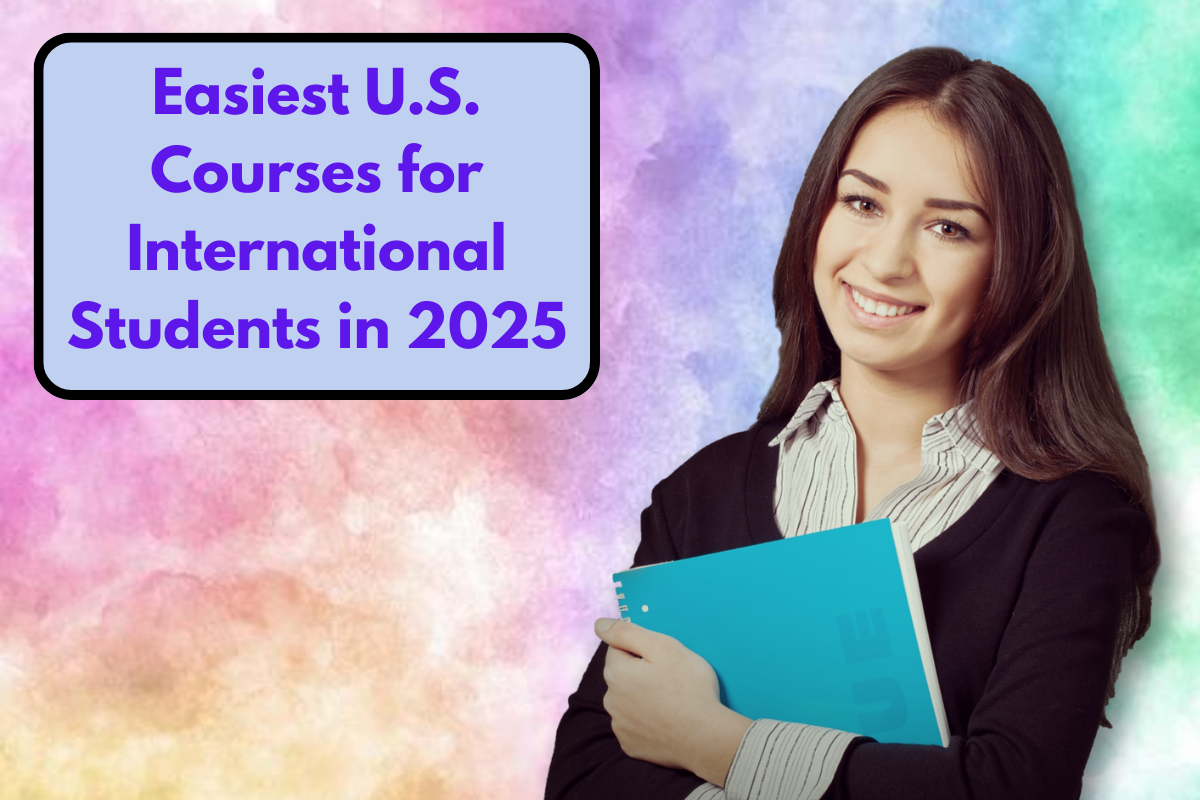Studying in the United States continues to be a dream for thousands of international students, but the path can often feel overwhelming. While some academic programs demand intense preparation and lengthy study hours, others are more accessible and manageable, especially for students adjusting to a new culture and education system. In 2025, a range of U.S. courses are being recognized as both beginner-friendly and career-oriented, making them attractive choices for international learners. These courses allow students to gain valuable skills without being buried under extreme academic pressure.
Business and Management Courses
Business remains one of the easiest and most popular choices for international students in the U.S. These programs offer flexible learning opportunities and practical applications, making them less intimidating compared to technical or research-heavy subjects. Short-term diplomas in business administration, marketing, and entrepreneurship are particularly appealing. Many institutions also provide international-friendly curricula with case studies, group projects, and internships that help students gain real-world experience. This balance of theory and practice ensures students can succeed without struggling with highly complex coursework.
Hospitality and Tourism Programs
The U.S. hospitality and tourism sector is thriving, and courses in this field are widely considered beginner-friendly. Programs in hotel management, travel services, event planning, and culinary management often emphasize practical training over heavy theory. For international students, this means learning through hands-on projects, internships, and workshops rather than purely academic study. The growing global demand for professionals in hospitality makes these courses not only accessible but also promising for future job opportunities both in the U.S. and abroad.
Liberal Arts and Communication Studies
Another easy pathway for international students is through liberal arts programs, which include subjects like sociology, psychology, literature, and communication. These courses often focus on critical thinking, creativity, and analysis rather than technical skills. Communication studies, in particular, help international students improve English proficiency while learning about media, public relations, and cultural studies. Since coursework usually involves presentations, writing assignments, and group discussions, students find these programs less stressful compared to technical degrees.
Short-Term Certification and Online Courses
In 2025, many U.S. universities and colleges are offering flexible short-term certifications that are easier for international students to complete. These include digital marketing, graphic design, computer basics, and language improvement programs. Online courses and hybrid learning options also make education more accessible, allowing students to balance studies with part-time work. These programs usually last from a few months to one year, making them cost-effective and less academically demanding while still providing employable skills.
For international students in 2025, the U.S. offers a wide selection of courses that are easier to manage while still being valuable in the global job market. Business, hospitality, liberal arts, and short-term certifications stand out as the most accessible programs, combining practical skills with flexibility. Choosing these pathways not only reduces academic stress but also ensures a smoother transition into American education and culture. Ultimately, these easy-entry courses can serve as stepping stones to advanced studies or professional success.
FAQ’s:
Q1. What makes a course “easy” for international students?
Courses with practical learning, less technical difficulty, and flexible structures are often considered easier.
Q2. Which U.S. course is best for improving English skills?
Communication and liberal arts programs are excellent for improving language proficiency.
Q3. Are these easy courses also good for careers?
Yes, fields like business, hospitality, and digital skills lead to strong career opportunities worldwide.
Q4. Can international students work while pursuing these programs?
Yes, most student visas allow limited part-time work, and many programs encourage internships.
Q5. Are short-term certification courses recognized globally?
Many certifications, especially in digital marketing, hospitality, and business, are widely accepted internationally.
